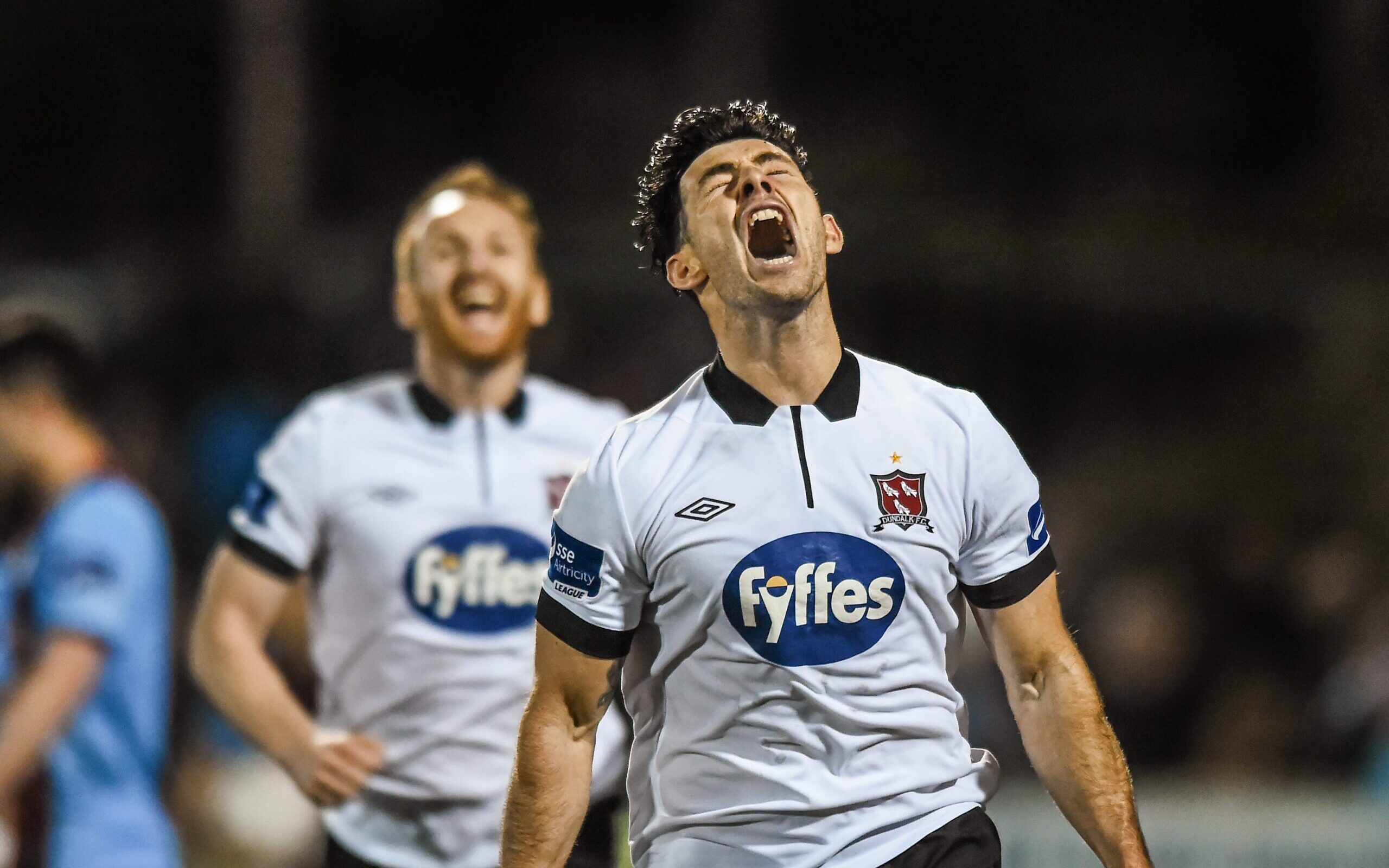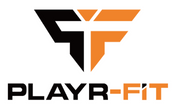In his column for the Official Dundalk FC Match Programme, Louth-based journalist Barry Landy believes that Easter Monday’s derby between Dundalk and the Drogs could be the most important in quite some time.
As someone who has almost exclusively covered the Louth football beat for over a decade now, days like this are what stirs this writer.
This is a game that, Jim Malone Cup meetings aside, has been dominated by Dundalk in the last two seasons. The Lilywhites have won the last five editions of this fixture and six of the most recent clashes in the Premier Division.
Drogheda, to their credit, have beaten Dundalk three times in three seasons, this 2024 campaign being their fourth back in the top flight. Even that modest number is a vast improvement on the tally of their successes in an era that began a decade ago.
That was a time that culminated in Stephen Kenny’s Dundalk becoming a generational force within Irish football, a viable contender on the European stage too. Drogheda, meanwhile, were relegated twice – in 2015 and 2017.
Soon after Mick Cooke guided the Drogs to a second-place finish in the league in 2012 and four cup finals in two seasons – while Dundalk endured their annus horribilis that so nearly ended in insolvency and relegation – United’s ability to punch above their weight began to diminish.
Between May 2014 and September 2017, Dundalk played their fiercest rivals on eight occasions in the league – winning seven and drawing one. The aggregate score of 29-3 speaks to a rivalry borne of history and geography and which generated real antipathy but one where genuine competition had been lost.
These were adversaries in name only, black and white clashing with claret and blue. It was meaningful, but you could be excused for forgetting why. Dundalk routinely ran riot and that wasn’t limited to derby clashes in that era.
Nor were Drogheda collapses rare. Within weeks of the 7-0 rout at Oriel Park ten years ago, Robbie Horgan’s side shipped six in successive games to St Patrick’s Athletic, which was somewhat palatable, and Athlone Town, which simply wasn’t.
What was unique, however, was the seemingly gleeful manner in which these routs were administered. Wins were enjoyed, derby victories relished.
The best team in the country were often in exhibition mode, Drogheda for their part could only dream that the cliche regarding rules going out the window in derby matches was actually true. Exceptions were few and far between, Dundalk ruled supreme.
And here we find ourselves, on the first derby day proper of the season with both Louth clubs looking likely to be close bedfellows this year, if early season form is any indicator. Last season, just two places, but a mountainous 17 points, separated the teams in fifth and seventh position.
It strikes me as unlikely that gap will be as big this time around. Dundalk will still, and should be, favoured to emerge as Louth’s top club this year. But a new chapter looks set to be written in the story of this old rivalry, one of huge importance to the regional significance in the current Premier Division.
Dublin derbies are plentiful and much of the focus is centred around those clubs, with three of the top four sides in the country from the capital. Bohemians’ re-emergence under the excellent Alan Reynolds, who had a brief stint as assistant manager at Oriel Park in 2020, is a real possibility too.
Starting today, the Louth Derby takes on a whole new level of importance. The title-winning seasons of the Dundalk machine were never defined by one-sided affairs against their close neighbours. Nor were Drogheda’s battles against relegation likely to be decided by nothing to lose encounters against a vastly superior outfit.
Now, things have changed. It’s been a while since the sides were so closely aligned. Dundalk have slipped away from contention at the top, Drogheda appear to be on the up. Bragging rights haven’t always been as hotly contested as you’d hope to think in this one.
Today, both sides will sense weakness in the other. Passion is a given but all of a sudden, points are a must.












